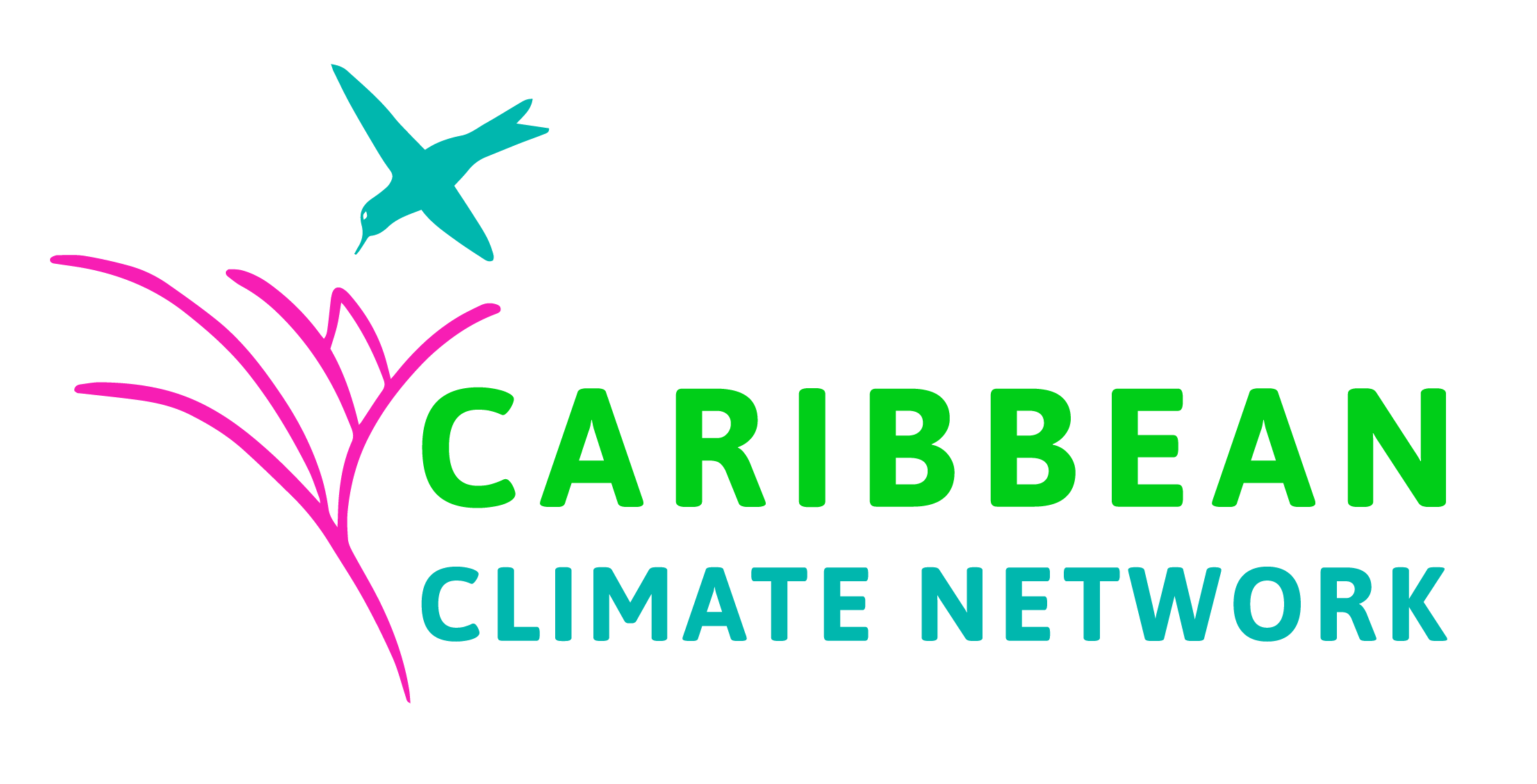In a concerning example of how climate change is getting worse, Grenada, along with other Caribbean islands, experienced a very hot and long-lasting heatwave. This happened from late July to early August, and then there was another intense heatwave from August 20 to the date of publication, with only a few cooler days in between. During these hot days, the temperature reached a scorching 32 degrees Celsius, and the people in Grenada realized that the beautiful, sunny, and tranquil island they knew had turned into a very hot and potentially dangerous place.

Heatwave Warning for Grenada
This extremely hot weather is a sign of a worrying new normal happening all over the world. Even small island countries like Grenada aren’t safe from it. Unfortunately, this trend is going to get worse. The increase in temperature we’re seeing, not just in Grenada but in the whole Caribbean, is caused by human actions. As things get hotter, there will be more and stronger heatwaves, which can harm the environment, including marine ecosystems and the people living on these islands.
Ordinarily, Grenada’s climate is of a tropical nature, characterized by year-round heat and humidity, punctuated by a relatively cooler season from December to March, followed by a rainy period from June to November. The trade winds, usually blowing in from the northeast, offer respite throughout the year by tempering the heat. However, during the hotter months, these winds may shift direction, ushering in hotter air from different angles and intensifying the heat.
For a long time, the beautiful blue waters of the Caribbean offered a cool escape from the hot sun. But now, global warming is making the sea itself warmer. As it gets hotter, people in Grenada and the Caribbean have to come up with ways to protect themselves from the increasing heat. In cities, there aren’t many trees, and the dark asphalt roads make it even hotter because they release heat into the atmosphere. So, people in these areas have to use more air conditioning and fans to cool off, which in turn uses more electricity and releases more carbon dioxide (CO2) into the air. This is where the switch to renewables would have been beneficial. Renewable energy such as solar and wind has little to no greenhouse gas emissions.
Moreover, and particularly concerning is that being in very hot weather for a long time can seriously harm people’s health, especially those who are more vulnerable and people who already have health problems like hypertension and citizens who may be elderly, disabled or albino.
People who have to deal with this intense heat are talking about how tough it is. One person from Grenada said, “Even a short walk in the heart of the Capital City is really hard because of the scorching heat. I have to find shade under buildings and in air-conditioned stores to feel better.” Another person said, “The heat is so intense that I have to use an umbrella to protect myself from the sun. If I don’t, I feel dizzy and sick.”

A resident in Grenada expressing concern about the increasing heat
In a nutshell, the Caribbean, famous for its perfect weather, is now facing a growing heatwave that shows how climate change is getting worse. This experience is a worrying sign of what’s to come because the rising temperatures are affecting the beautiful landscapes and lifestyles in the region. There is a pressing need to deal with this growing crisis as islanders work to safeguard their well-being and way of life against the encroaching heatwave that threatens to engulf their cherished paradise.
